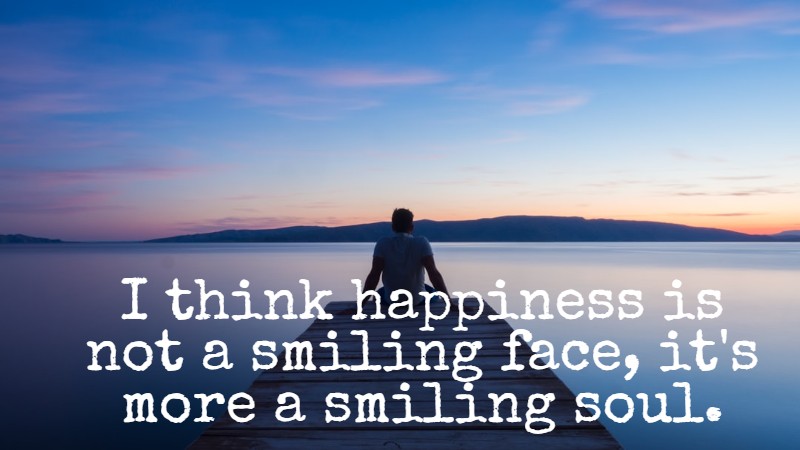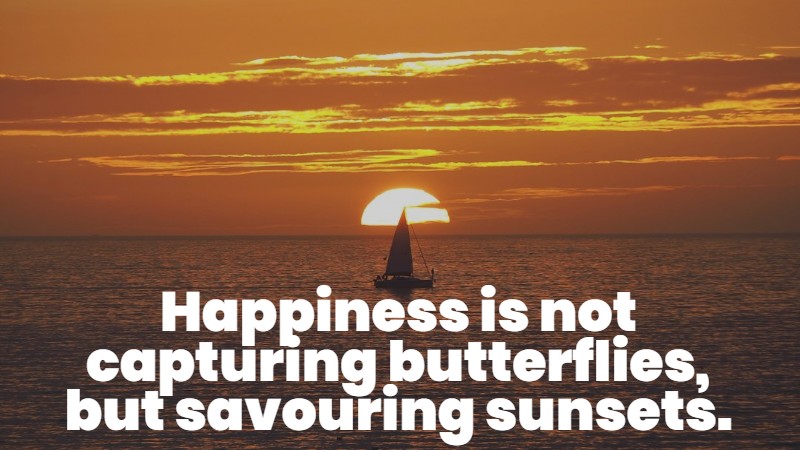Between stimulus and response, there is a space. In that space is our power to choose our response.
Viktor Frankl
Sobre el autor
Born in Vienna in 1905, Viktor Frankl grew from a curious medical student into one of the most influential thinkers of the 20th century. Before his rise to prominence, life threw him into the darkest human experience possible. As a Jewish psychiatrist during World War II, the Nazis sent him to four different concentration camps, including Auschwitz, where he lost his pregnant wife, parents, and brother.
While enduring these horrors, he noticed something profound about human psychology. Some prisoners maintained their inner dignity despite brutal conditions, while others lost themselves completely. This observation formed the foundation for his therapeutic approach called logotherapy, which focuses on finding meaning in life even during suffering.
The quote appears in his book Man’s Search for Meaning, published in 1946 after his liberation. This book sold over 16 million copies and ranks among the most influential books in American history. Frankl wrote it in just nine days, pouring out his camp experiences and the psychological insights they revealed.
A little-known fact about Viktor Frankl is that he was an accomplished mountain climber well into his 80s. He often used mountain climbing as a metaphor for the human struggle toward meaning, saying the rope that prevents a fatal fall represents the tension that keeps us striving for purpose.
El significado de la cita
This quote points to a fundamental truth about human freedom.
When someone cuts you off in traffic, your body floods with stress chemicals. Your heart beats faster. Your muscles tense. But what happens next is up to you. You can scream and honk, or take a deep breath and let it go. That gap between what happens and how you react contains the essence of human freedom.
I saw this play out dramatically with two colleagues facing the same stressful project deadline. James spiraled into panic, snapped at teammates, and produced rushed, sloppy work. Maria acknowledged the stress, broke the project into smaller chunks, and delivered quality results. Same stimulus, radically different responses.
Try this exercise: Next time you feel anger rising, count to five before speaking. This creates the vital space needed to take control over the situation. During these five seconds, ask yourself: “What’s the wisest response here?”
The science backs this up. Neurologists have found that impulse takes a split-second path through our amygdala (the brain’s alarm system), while thoughtful responses travel through our prefrontal cortex, which takes slightly longer to activate.
When we pause, we give our rational brain time to catch up.
The beauty of this quote lies in its practical application:
This mental space gives you room for values-based choices rather than conditioned reflexes. It transforms you from a reactive puppet into the author of your own story.



Deja tu opinión sobre esto